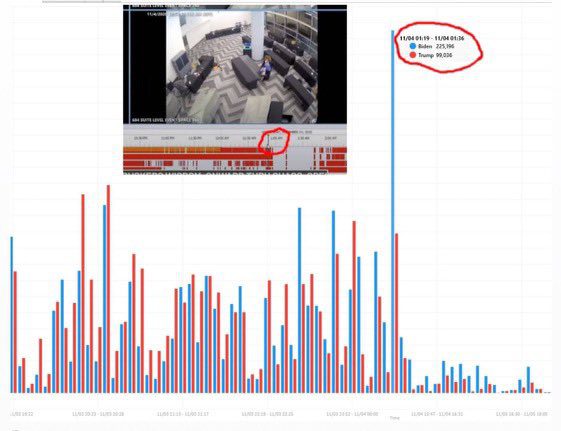The Methodist Church of Great Britain has recently published its new “Inclusive Language Guide,” which provides guidelines for its ministers and practitioners of the faith to monitor their language. The guide advises the use of non-gendered terms and warns against the use of “hurtful” gendered terms such as “husband” and “wife”. It emphasizes the need for respectful and careful language to foster conversations that are inclusive and humble, encouraging repentance for any hurtful language used. The guide also stresses the importance of speaking and writing with care in the Spirit of Christ.
Furthermore, the guide urges awareness of the diversity in human life as an expression of God’s creation, challenging the assumption that terms such as “husband” and “wife” accurately represent everyone’s family or personal lives. Rather, it suggests using neutral terms such as “parent,” “partner,” “child,” and “carer” to be more inclusive of various family and personal structures. The Methodist Church encourages its members to be mindful of the words they choose to ensure inclusivity and respect for all individuals.
In its sections addressing gender identity, the language guide recommends using a person’s chosen pronouns to honor their identity, urging against the use of terms such as “brothers and sisters” for their lack of consideration towards non-binary individuals. Additionally, the Christian Post has reported that the guide provides extensive categories with which Methodists are advised to use “sensitive and inclusive” language to address marginalized and/or demonized groups. This advice includes steering clear of ageism, embracing anti-racist language, and avoiding language that negatively emphasizes immigration status or English skills.
In terms of addressing minorities, the guide also discourages language that perpetuates antisemitic or Islamophobic rhetoric, advocates for careful language when addressing disabled and neurodiverse individuals, and provides guidance on navigating mental health-related terminology. Furthermore, the guidance encourages congregations to share their pronouns in conversation, directing them towards activist groups such as Stonewall, GLAAD, and Jeffrey Marsh, a controversial trans activist.
On the other hand, The Gateway Pundit reported that Marsh, a transgender social media influencer, has faced accusations of posting inappropriate content on social media. These accusations resulted in threats towards those who had spoken out against him, including influencer Shumirun Nessa, who videos questioning Marsh’s targeting of vulnerable children to join his Patreon for private chats. Nessa was subsequently doxed, and her children were threatened by trans activists. This situation has sparked a heated debate over the appropriateness of targeting children and trying to establish private connections with them.
In conclusion, the release of the “Inclusive Language Guide” by the Methodist Church of Great Britain has generated significant discussions on the use of language and the appropriate portrayal of diverse groups. As the church seeks to promote inclusivity and respect, it also faces challenges and controversies surrounding the implications of its guidelines on addressing sensitive issues within its community and the broader public.




